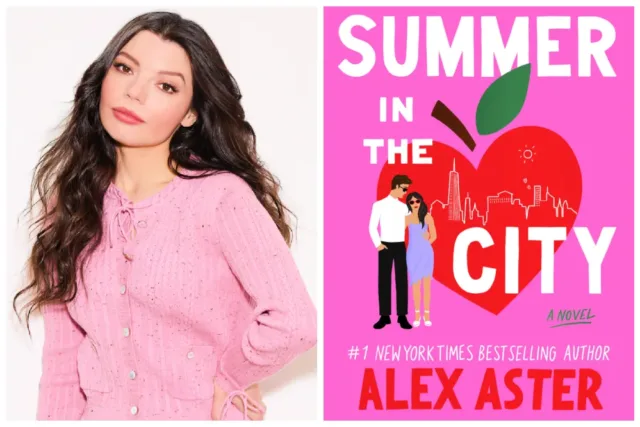The Best Books of 2020(So Far)
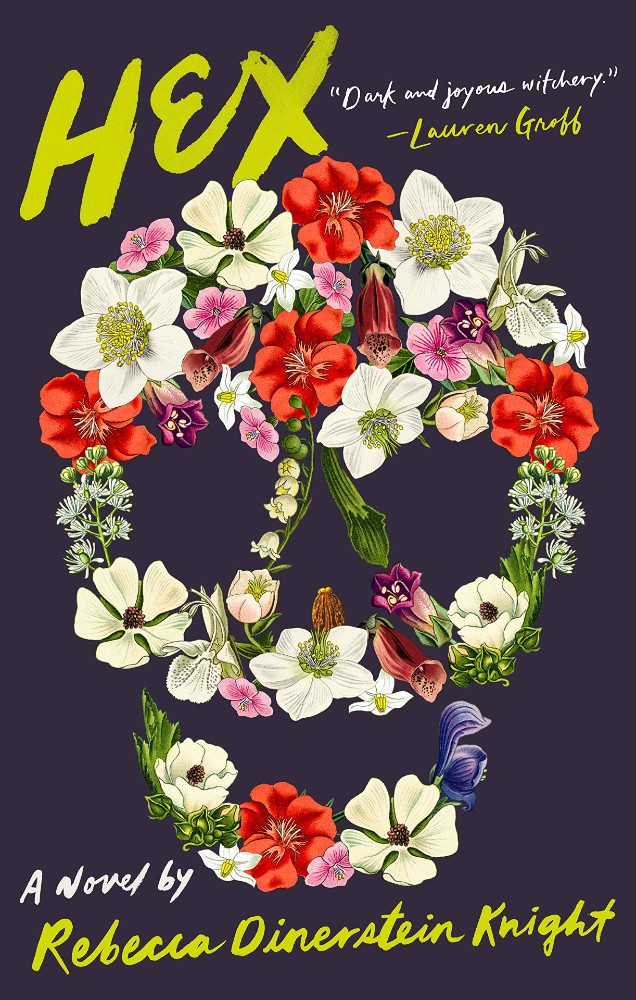
It’s been a hard year.
With the pandemic and the presidential election around the corner, nothing says destress like a good book. Nearing the end of 2020, here are the best books the year has seen so far.
“The City We Became,” by N.K. Jemisin
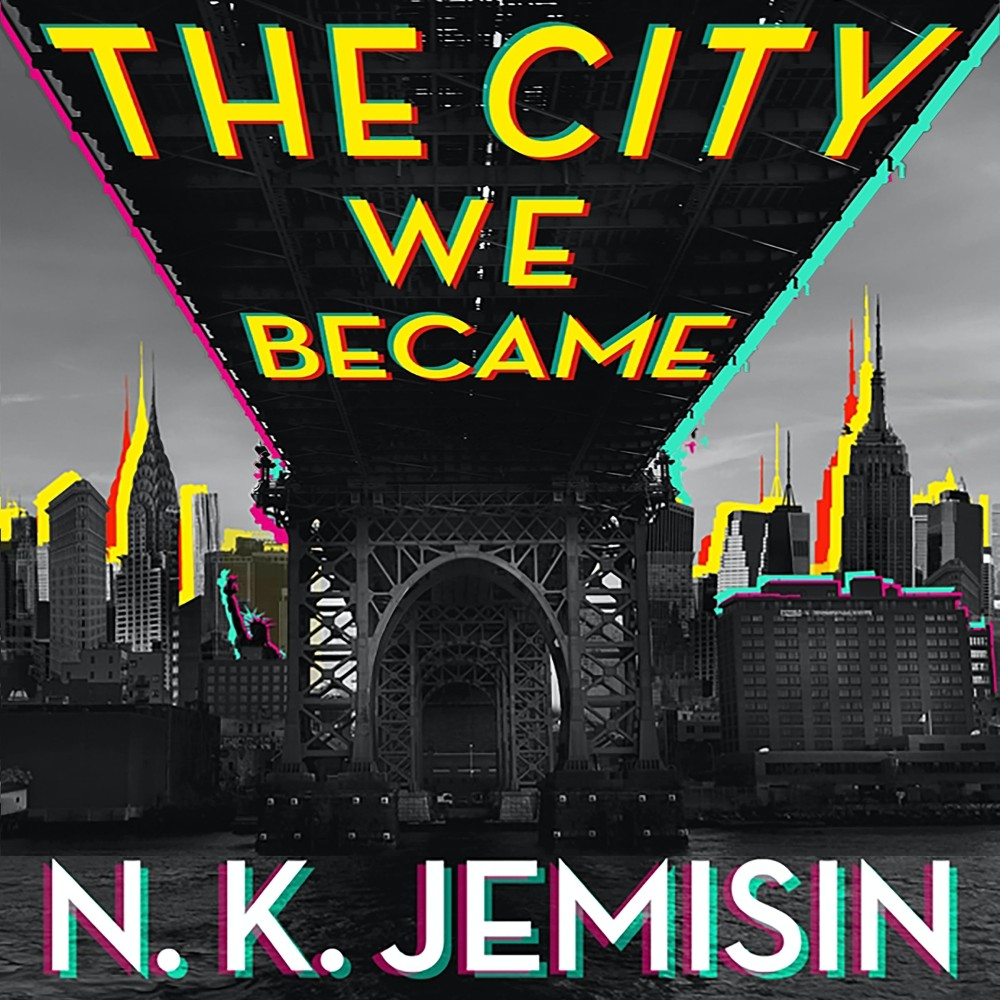
New Yorkers, this one is for you. This novel is situated in today’s New York where there’s a supernatural contest between the five boroughs — each represented by an avatar — and The Enemy, which represents police brutality, the criminalization of poverty, etc. Jemisin moves through particular streets and neighborhoods, fully aware of what each represents; and she creates a practically joyous world where the battle is excruciating but forces of good find wildly inventive methods for keeping diversity and faith alive.
“Weather,” by Jenny Offill
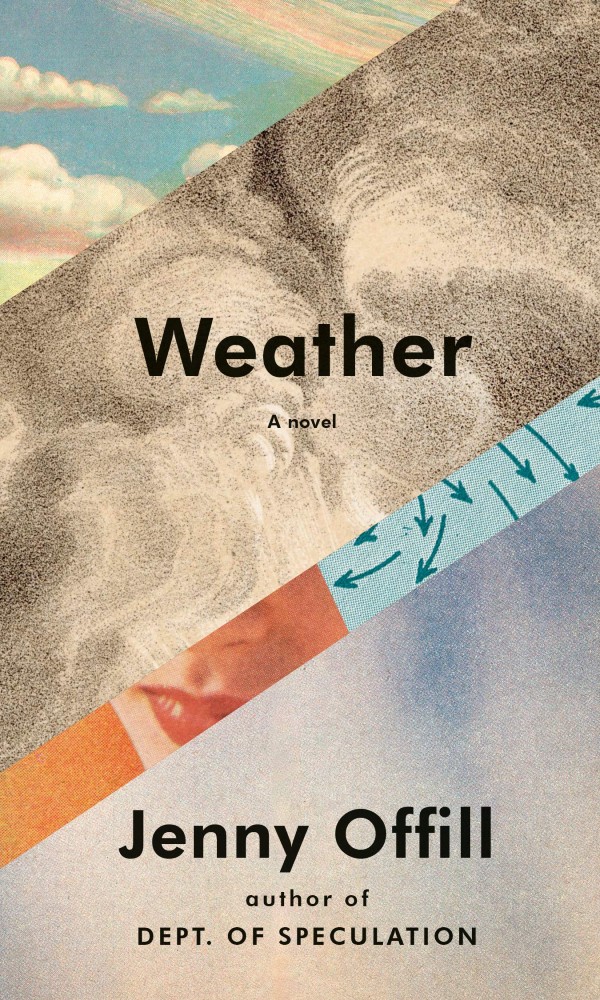
“Weather” is about a librarian in Brooklyn who becomes obsessed with climate change. Among the many observations about science, family life, and the future is the implication that the end of the world won’t come with a bang but rather with everyone in their homes, stuck with their own thoughts, and terrified about a vague and difficult-to-understand threat (and by next month, that became true). Its call to action and slightly hopeful conclusion give it an important place in our world that is already suffering from climate change.
“The Glass Hotel,” by Emily St. John Mandel
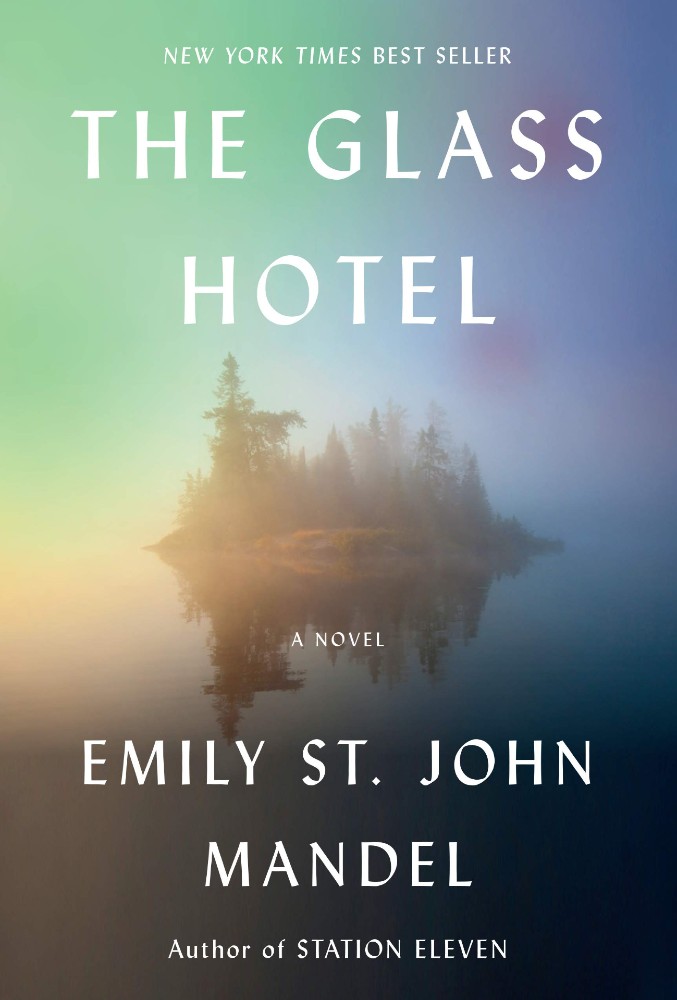
In “The Glass Hotel,” a financial-apocalypse tale, Mandel tells the story of a white-collar criminal named Jonathan Alkaitis who cons investors out of billions and is caught when the 2008 downturn begins; there’s also a cast of characters including his Wall Street accomplices and the victims whose futures are completely upended. The novel’s central force, however, is Vincent, Alkaitis’s thoughtful, unlikely trophy wife who seemingly disappears in and out of what she calls “the kingdom of money” — and goes over the side of a ship on the first page. The term “transportive” may be a bit overused, but it’s the perfect term for this thrilling tale.
“Hex,” by Rebecca Dinerstein Knight

Nell is a Brooklyn-dwelling former Columbia Ph.D. candidate who was ousted from the program following the workplace death of one of her lab mates. What follows is a novel filled with poisonous plants, disgraced PD.D. candidates, and a love triangle that’s much more complicated than the shape of a triangle.
“Kim Jiyoung, Born 1982,” by Cho Nam-Joo
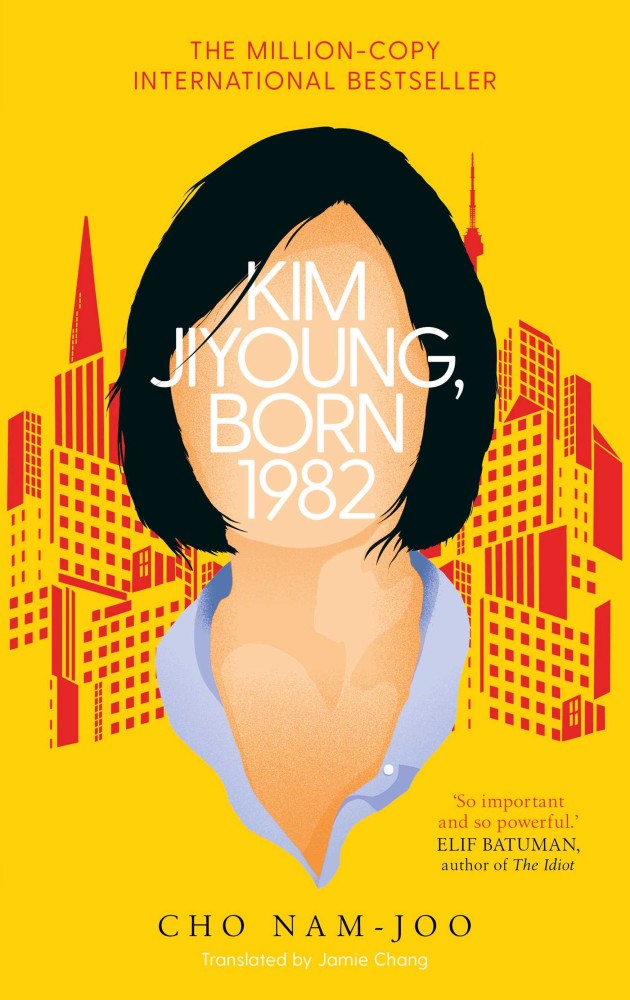
Originally published in 2016 and released this year in translation, “Kim Jiyoung, Born 1982,” has been a knockout hit in Korea, where it’s sold over 1.3 million copies and launched its author to fame. One day, Kim Jiyoung, a South Korean millennial housewife and mother, wakes up and thinks she’s turned into her mother: quite literally, she’s having a dissociative break. The novel’s mundanity is startling and effective as Jiyoung is slowly driven mad by her own life. This is a defining novel for young South Koreans and deserves a massive readership in the U.S., too.
“New Waves,” by Kevin Nguyen

In this excellent debut novel, a workplace theft leads to an interesting friendship between two employees at a tech company: Lucas, an Asian American customer service rep, and Margo, a Black engineer. Margo, who dies within the book’s first chapter, holds the weight of the narrative. From her perspective, we see what it’s like to be Black and female in the tech industry, with a sense of humor.
“Can’t Even: How Millennials Became The Burnout Generation,” by Anne Helen Petersen
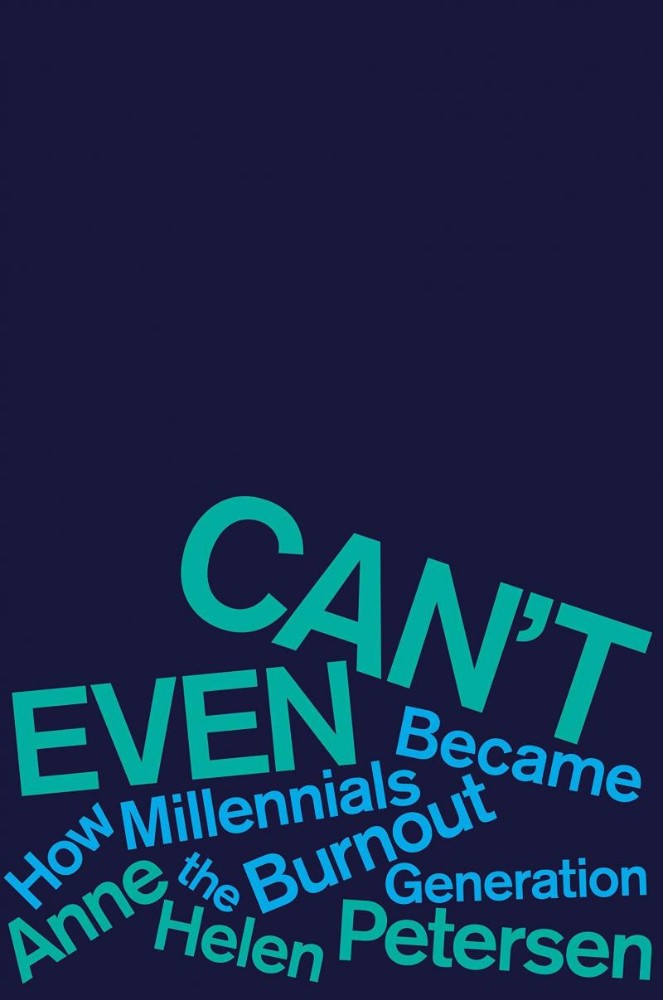
In this razor-sharp book of cultural criticism spun off from her viral BuzzFeed article, journalist and academic Petersen explores the forces that have left a whole generation feeling disempowered, from the gig economy to the monetization of hobbies to the identity-bending influence of social media. With all-too vivid reporting, Petersen lays bare the burnout and despair of millennials, while also charting a path to a world where members of her generation can feel as if the pressure from simply living can be removed.
“Real Life,” by Brandon Taylor

Wallace, a biochemistry grad student with an experiment spinning out of control, has serious doubts about his place as a Black man in a predominantly white program and struggles with his own personal history of abuse and alienation. Wallace’s story is drawn from strength and Taylor’s writing as thoughtfully parsed as any of Wallace’s experiments. This book is a must-read for 2020.
“A Girl is A Body of Water,” Jennifer Nansubuga Makumbi
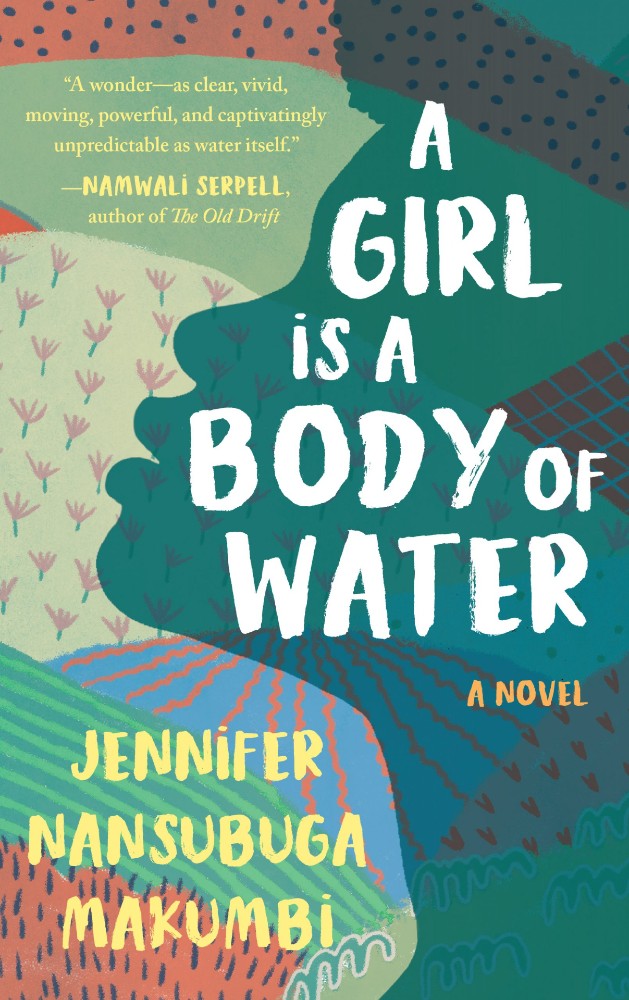
It’s 1970s Uganda and a curious girl named Kirabo, raised by her grandmother in a small village, is just discovering what it means to grow up. In lyrical prose, Makumbi renders Kirabo’s coming-of-age tale as a tender depiction of evolving womanhood, self-awareness in a tight-knit community, and the path back to family and history.
“Topics of Conversation,” by Miranda Popkey
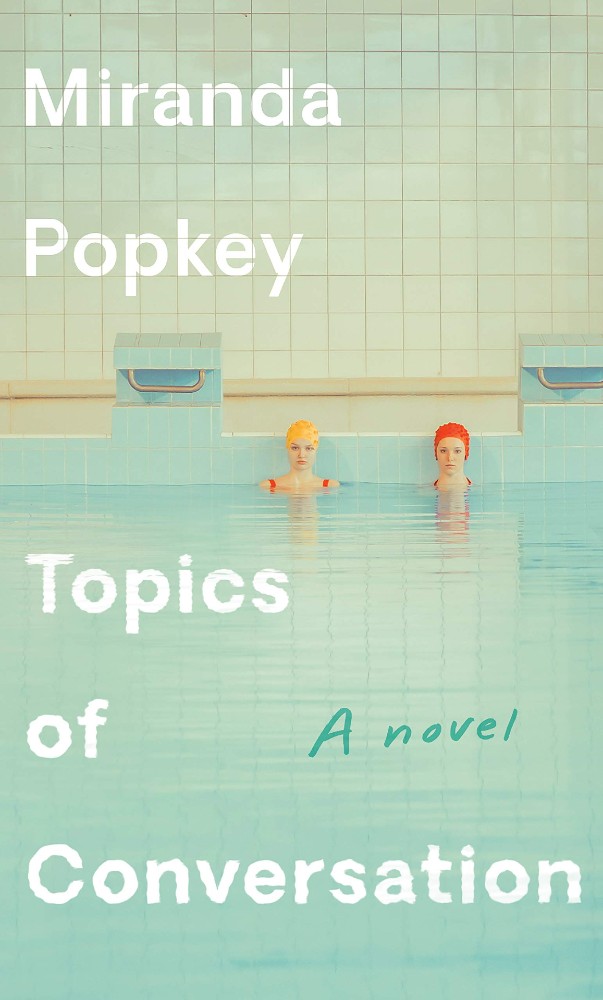
This debut novel is a set of conversations the unnamed narrator conducts over a decade and a half. But the unnamed narrator is not a trustworthy teller of her own story and wants you to know it. The conversations slowly chart out the story of her young adult life, through a divorce, a pregnancy, etc., but also through her changing ability to understand why we share bits of ourselves and what sorts of traps we end up in when we do.
Whatever your literary cup of tea, these books are great reads to brighten your year. We can’t wait to see what else 2020 brings to the bookshelves.



